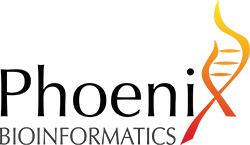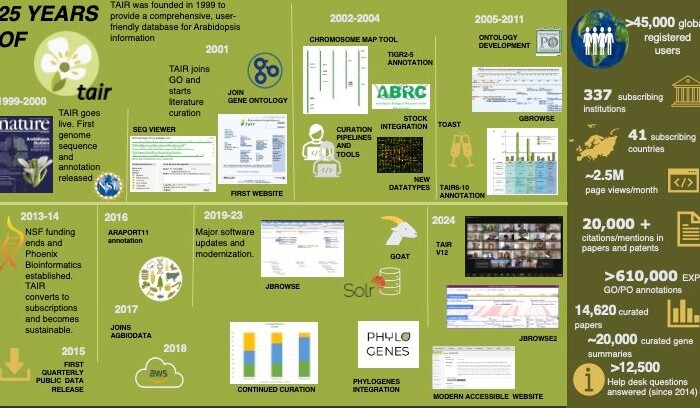In July 2021, Phoenix Bioinformatics was awarded a SABI grant from the National Science Foundation to support the full transition of MorphoBank to membership support and to complete software hosting transition from its original home at Stony Brook University to Phoenix resources. The software transition is complete and the website and database are now hosted by Phoenix.
MorphoBank is a broadly used community tool to support basic biological research. Recognizing that the tool must be sustained long term, in 2018 MorphoBank began the transition from grant-based support to a sustainable membership-based financial model in partnership with the non-profit scientific database organization, Phoenix Bioinformatics. Over the next three years MorphoBank’s leadership team will complete a transition to full membership support. MorphoBank will do this by growing its membership support from university libraries and museums while maintaining the core software and continuing to serve a growing US and international research community. The award will support software maintenance, data curation and scientific leadership, while MorphoBank ramps up its membership support sustainability plan.
Scientists use the tools of phylogenetics to study this biodiversity and ask questions about how species evolve and how they are interrelated. Such research addresses fundamental hypotheses about the characteristics of living organisms, and helps scientists and the general public understand when, where and how traits like flowers and behaviors and the ability to fly first arose. Such questions can be answered by collecting data on the detailed morphology, such as anatomy or other traits of the phenotype of many different species, organizing the data into spreadsheets called ‘matrices’ and using the data to build phylogenetic trees that reconstruct evolutionary changes over time. These matrices and the phylogenetic trees derived from them are the foundation for new discoveries in a wide range of scientific disciplines including animal and plant biology, bacteriology, anthropology and paleontology. MorphoBank is the only web-based software package for this work, and before it existed, researchers built matrices on their personal computers, a practice that limited the ability to collaborate and communicate, and to disseminate and reuse data. Because MorphoBank serves as an archive as well as a research tool, this software allows phylogenetics research to advance more quickly by facilitating the combination of old and new data. MorphoBank guarantees that integrated data are readable by both computers and humans and makes its data freely available to anyone worldwide, thereby opening up a new avenue for the public to access the direct products of scientific research.



